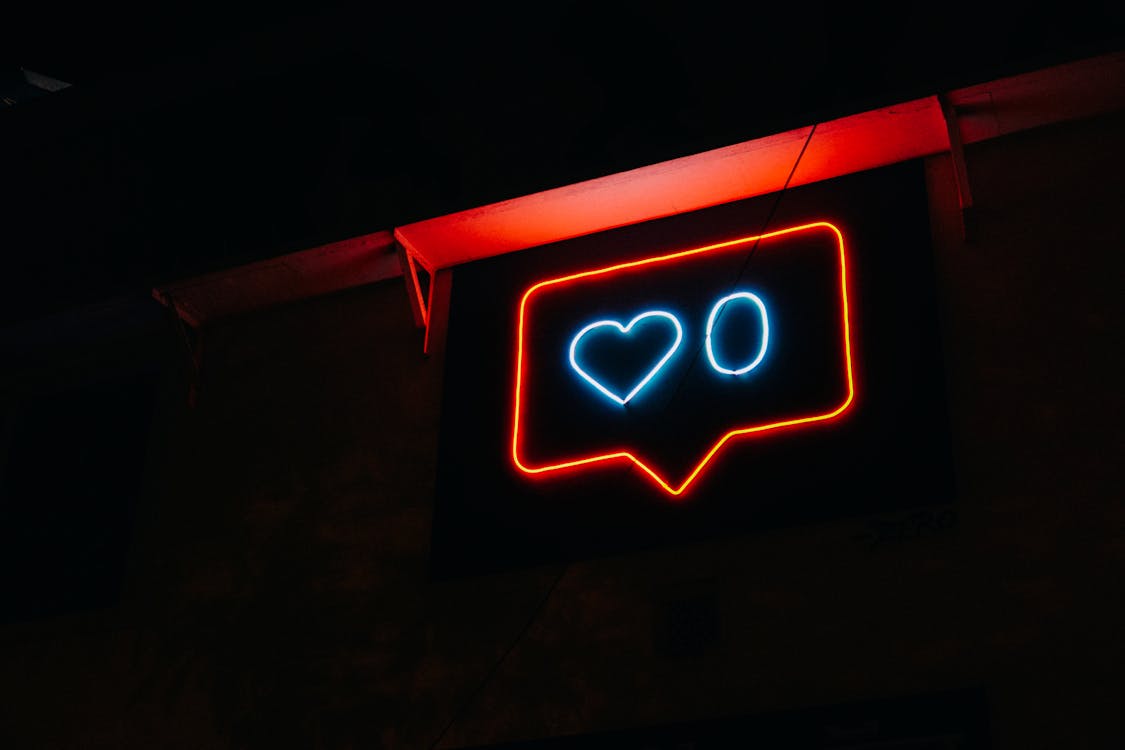How many of you have followed the theme of the party you were going to?
How many of you have ‘accepted the challenge’ on social media and also nominated others?
How many of you have listened to a music or watched a particular movie just because it was trendy?
If your answers to the question are yes, then the phenomenon that you were following was conformity- doing what you are expected to do in a given situation. In other words, conformity is the pressure to behave in ways that are consistent with the rules indicating how we should or ought to behave. These rules are the social norms which exert powerful effects on our behaviour. The dialogue: “22 tak padhai, 25 pe naukri, 26 pe chokri, 30 pe bachche, 60 pe retirement , aur phir maut ka intezaar, dhat aisi ghisi piti life thodi jeena chahta hoon!” from the movie Yeh Jawani hai Deewani explicitly states a non-conformity to these social norms.
One of the types of social conformity is bandwagon effect-which is phenomenon of doing things just because people are doing it and therefore the increasing popularity of a product or phenomenon encourages more people to “get on the bandwagon“, too. And even if there is no underlying evidence of it, we still hop on to the bandwagon.

Think about it. Isn’t it something that we have done at least once, (if not more) in our lifetime? I’ll explain with one example of birthday parties. When we were younger the snacks in our birthday parties would mostly constitute of cake, potato wafers and samosas and some cold drink. As we grew up, the trend of birthday parties changed to having it in some clubs or fancy restaurants that too with some dress code. In quarantine we started making videos for our special ones on their birthdays. In short when we do things that are ‘trendy’ we are joining the bandwagon.
WHY DO WE JOIN THE BANDWAGON?
- To fit in: It happens so many times that even if we disagree with something we just nod our heads and go along with what the group has to say. Why do we do that? We just want to fit in. We don’t want to show it to others that we are different. We want to belong with that particular group, may be because that group is very popular or staying with the group is beneficial to our image. And if we speak about our individual interests, we many a times join a college group or committees because it may open so many doors for us in the near future. This leads us to the next reason.
- Our desire to be liked: Some of us have this innate desire to be liked by every person on this planet, which is like an impossible task. One can’t be liked by everyone they meet at various life events. However, sometimes this desire is so high that we can’t control it. And therefore the easiest way that we adopt for people to like is by agreeing to what they are saying, behaving as they do.

- Our desire to be accepted: Acceptance is something that we all long for our entire lives, be it from our parents or teachers or our boss, or even our friends. Acceptance makes us to feel liked or loved. And that feeling makes us belong there and as a result we start adopting behaviours or opinions which are in line with the majority. As a result, we start doing things which others are doing.
- FOMO: All these reasons fit very well within the framework of what the millennials call FOMO- fear of missing out. They might be using it very lightly but unconsciously it is driving their behaviours to do things everybody is doing. It could take variety of forms of actions ranging from safe behaviours like buying a piece of clothing or playing the same game just because everybody in their group is doing it or dangerous behaviours like getting into smoking or alcohol, otherwise they would not be considered ‘cool’ enough to be a part of that group.

IN ADOLESCENCE
According to my experience, the highest level of joining the bandwagon is during our adolescence. Fresh out of school, stepping out of the bubble that we have been living for almost 15 years of life is exciting, but at the same time it’s scary. Leaving friends of 15 years and setting out to find some new ones could be a difficult task for some. As a result to escape the difficulty of the task, we first observe what others are doing, and to fit in we start doing the same because we don’t want to be labelled as the loner. This effect then lingers on and also starts interfering in other practices.

Another reason why we fall prey to hands of our peers in adolescence is because the adolescent years are the ones where our identity is being formed. We are finding answers to ‘who are we? And in the process of finding that answers we often start associating our self-identity to the groups we belong to and also derive our self-esteem from that belonging.
Once we in one group, we become a part of the in-group. We start enjoying certain privileges and may also enhance our self- image by enhancing the status of in-groups. We start doing things in spite of our contrary beliefs. As a result, it becomes difficult to break those patterns of behaviours and we ultimately succumb to joining the band-wagon.
BANDWAGON EFFECT IN DECISION MAKING:
How many of you ask your friends to suggest some TV series to watch? I do. How many of you then watch that show? I do. How many of you then suggest that show to others, even if you liked only certain portions of the series? I don’t. No I am kidding, I do. But I also give a disclaimer that it is a one-time watch or something specific that I liked about it. What we all are doing is hopping on the band-wagon. We are watching the show only because of friends told us because their friends told them to do. And hence the cycle goes on.
For instance, recently I watched the show DARK which was a very confusing because it was on time travel but also ‘interesting’ according to my friends and social media recommendations. I know some of you might think that I could not understand and so I found it boring. No, that was not the case. I understood it entirely and I also agree that it was one of the best time-travel show ever made.
But why I didn’t watch the third season was because I was not enjoying it. I was watching it so that I could discuss with my friends and then come across as an intelligent one (which I am) but I don’t need to prove that by watching a show.so basically, I was trying to fit in, I hopped on the wagon but then got down.
The point of telling this story was to inform that bandwagon effect also influences our decision making process. And this simply happens because our brain likes using short cuts or what we call heuristics. Evaluating the pro and cons of a particular decision takes time. And why would someone take that effort when we can simply do what others are doing. And therefore we skip the long process, measure it by the popularity and decide to safely adopt it.
We use this short cut almost every day of our life. How to dress up? Which career should I choose? Which college committee should I join? Should I post a black and white photo of mine? Which company should I apply for? Should I do this particular online course? Should I cut my hair into bangs? Which music band or a singer should I follow? Which university should I apply to? Should I study in my country or abroad? Which political party should I vote for?
Thus, bandwagon effect is a cognitive bias that influences how people make decisions and judgements but often end up introducing miscalculations and mistakes.
HOW TO AVOID IT?
It is impossible to get rid of bandwagon effect entirely, but here are some things that you could do to avoid it:
- Firstly, know the reason for our decision. Is this something you want to do or you are doing it because other people are doing it.
- Take some time to figure out the final decision. Do some research about it. Ask for people’s opinion but don’t comply to them entirely
- Also try to look for alternative views which are against the majority.

DOES BANDWAGON EFFECT ONLY LEADS TO MISTAKES?
No. Bandwagon effect also has some positives:
- If you use the bandwagon effect to mould into healthy behaviours like get into a routine of exercise or into good food, then it is beneficial.
- Secondly, not following norms could lead to chaos because norms tell people how to behave. So doing what others are doing makes life more predictable.
- In addition, it also helps in situations where the rules or norms are very implicit. For instance, a new checkout line opens suddenly. Who goes first in that new line is confusing. So in these kind of situations it helps.
Thank you for reading.
And, if you haven’t read my previous blog, click here.
REFERENCES:
https://www.verywellmind.com/what-is-the-bandwagon-effect-2795895
https://thedecisionlab.com/biases/bandwagon-effect/
Social psychology by Robert A. baron




One Response